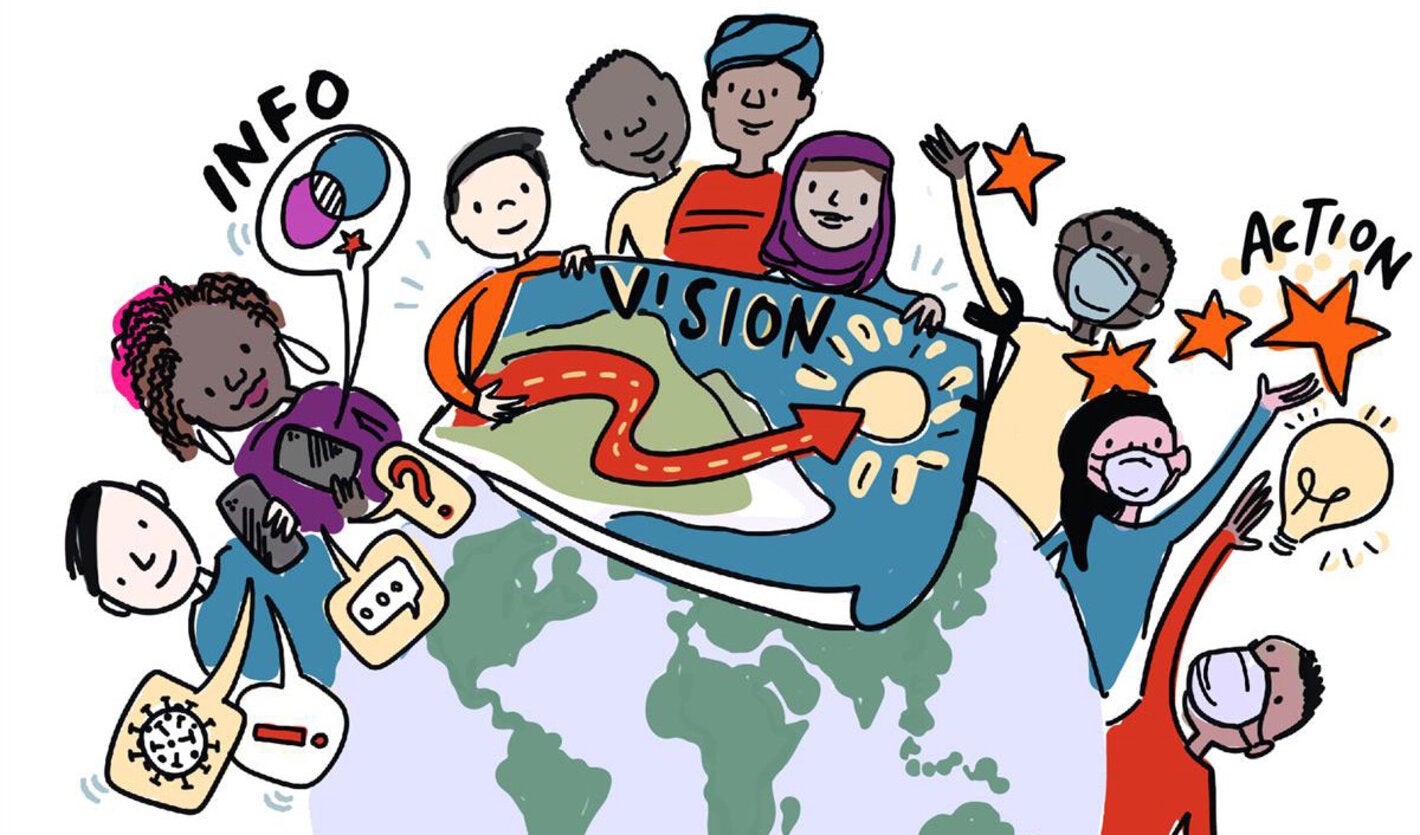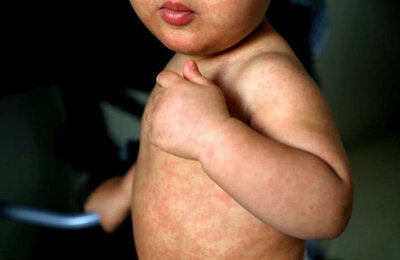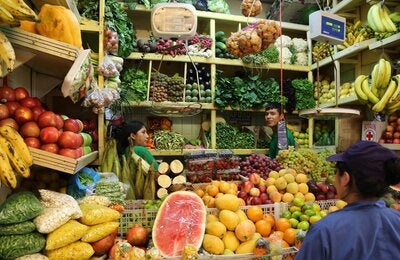
Georgetown, Guyana, Aug 12, 2020—Every year, International Youth Day, an initiative of the United Nations and global partners, is commemorated on 12 August. The theme for this year is “Youth Engagement for Global Action”. However, in Guyana for this year 2020, the International Youth Day celebrations focus on ‘Children and Adolescent Mental Health”. This seeks to highlight issues affecting youths while simultaneously celebrating the potential of youth as partners in today’s global society.
The original idea for International Youth Day was proposed in 1991 by young people who had gathered in Vienna, Austria, for the first session of the World Youth Forum of the United Nations System. At that Forum, it was recommended that an International Youth Day be declared, especially for fund-raising and promotional purposes, and to support the United Nations Youth Fund as they collaborate with youth organizations around the world.
Adolescence (10-19 years of age) is a critical period for the acquisition of socioemotional capabilities, which are the foundation for health and wellbeing later in life. Supportive environments in the family, school and communities enable adolescents to maintain good mental well-being. However, adolescence also marks a period of vulnerability for the onset of mental health conditions.
Globally, 10-20% of children and adolescents experience mental disorders. Half of all mental illnesses begin by the age of 14 years and three quarters by the mid-20s. Neuropsychiatric conditions are the leading cause of disability in young people. Depression is the ninth leading cause of illness and disability in all adolescents and suicide is the third leading cause of death in 15-19 year olds.
In 2016, there were 53,000 deaths due to suicide which notably is the second leading cause of death for girls in this age group. Some of the recognized risks for adolescent mental health problems include: poverty, violence, forced migration, substance use, chronic illness, harsh parenting, bullying, sexual violence, early pregnancy, early and/or forced marriages, and minority or discriminated group status. These risks, if not addressed, can severely influence young people’s educational attainments and their potential to live fulfilling and productive lives. Children and adolescents with mental disorders also face major challenges with stigma, isolation and discrimination, which limit access to quality health care services which is a violation of their human rights.
Over the decades, the Pan American Health Organization (PAHO) and the World Health Organization (WHO) have been working assiduously to:
- strengthen advocacy, effective leadership and governance for child and adolescent mental health;
- provide comprehensive, integrated and responsive mental health and social care services in community-based settings for early recognition and evidence-based management of childhood mental disorders;
- implement strategies for promotion of psychosocial well-being, prevention of mental disorders and promotion of human rights of young people with mental disorders and;
- strengthen information systems, evidence and research.
Some of the interventions that are currently being implemented by PAHO and WHO to improve the mental health of children and adolescents include:
- The Mental Health Gap Action WHO’s Intervention Guide which provides evidence-based guidance on the assessment and management of priority mental, neurological and substance abuse conditions in non-specialist settings. The WHO mhGAP considers issues related to adolescents and includes specific modules on Child and Adolescent Mental Health, Behavioural Disorders and Self-harm/suicide. The mhGAP also includes recommendations on promotion and prevention interventions such as suicide prevention and life skills training for children and adolescents. This Intervention Guide is for use by doctors, nurses, other health workers, health planners and managers. Approximately 409 health care providers in Guyana have been trained so far on the use of this Intervention Guide.
- Helping Adolescents Thrive (HAT). This initiative provides guidance for mental health promotion and prevention interventions for adolescents. The guidelines outline evidence-informed psychotherapeutic interventions for mental health promotion and prevention which are designed for delivery across various platforms such as through health and family life education programmes for schools, health and social care environments, and community or digital media.
- Early Adolescent Skills for Emotions (EASE) – For this intervention, the WHO has developed a psychological intervention manual for adolescents 10-14-year-old with high distress and impaired functioning. EASE has been designed to be delivered by trained and supervised non-specialist facilitators to individuals and groups of adolescents living in adversity as well as their caregivers.
- Sustainable Technology for Adolescents to Reduce Stress (STARS) – WHO is developing a digitally delivered psychological intervention to reduce psychological distress experienced by adolescents aged 15-18 years old in urban environments. This project engages end users from the start by using human-centred design to inform the development of the intervention.
The SDG target 3.4, the WHO Global Strategy for Women, Children, and Adolescent Health 2016-2020; and the Global Accelerated Action for the Health of Adolescents (AA-HA!) have all called for the strengthening of global commitments to improve adolescents’ health and mental wellbeing. Together, these strategic frameworks endorse the central role of inter-sectoral actions across governments for the creation of the conditions that will protect and promote young people’s mental health, enhance their resilience, reduce exposure to risk factors, empower young people and reduce inequities across the life course.
On this International Youth Day, PAHO takes this opportunity to remind the youths of Guyana that “there’s no health without mental health”. According to the famous Actress, Glen Close, “What mental health needs is more sunlight, more candor and more unashamed conversation”. Talk to a trusted person, think about what you can do in your community to support others who might be experiencing challenges with their mental health and start making choices that are not only healthy for your body but for your mind.
Happy International Youth Day to all and ensure that you spread this message.



